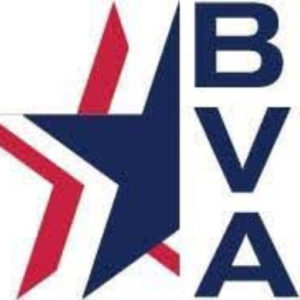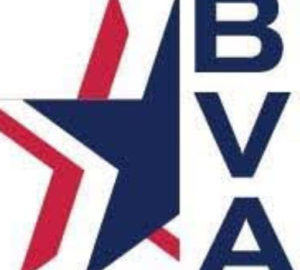Today BVA Happenings features the Association’s Government Relations Team. Alek Libbin removes a small piece of the Congressional veil to reveal how organizations like BVA build coalitions and generate action from what is, at times, an immovable body.
The “Hello Girls” were women who served during the First World War as Signal Corps operators and served as translators between American and French officers during calls. They averaged 150,000 calls per day. What makes these women especially noteworthy is they were the first women to serve in uniform in a non-medical role and were among the first soldiers deployed to France. While other groups of pioneering women, such as the WASPs and the 6888th Central Postal Directory Battalion, have received recognition from Congress, the “Hello Girls” have not.
Recently, National Military and Veterans Service Organizations, including BVA, have undertaken efforts to award the telephone operators of the Army Signal Corps a Congressional Gold Medal. The chief way organizations build support outside of Congress for initiatives like this is to send a letter to relevant groups and collect their endorsements. Once support is collected, the letter is sent to relevant members, such as the leadership of both minority and majority parties and the Chairs and Ranking Members of relevant committees.
Minor initiatives such as this may end here or have a few meetings with committee and/or member staff. For larger initiatives such as the PACT Act and the Major Richard Star Act, it can be much more involved and may necessitate reintroduction in a new Congress.
A key component of Capitol Hill advocacy is having champions for a bill within Congress itself, including both staff and members. The members are key because they have access to other members and can more effectively lobby than most outside groups in most instances. Staff are key because people are policy. For example, a member who is interested in environmental policy probably isn’t going to hire someone who lobbied on behalf of the oil industry. It is important to understand where the staff fall and what their office’s priorities and problems are so that one can then tailor their approach to that office.
Not every office is going to care about or champion a bill, but they will become a cosponsor and that is okay. The national spotlight is a mixed bag that comes with problems as well as solutions. For example, making the 9/11 first responder benefits fund exist for the lifetime of its recipients was brought into the national debate well before it passed in 2019. Despite having universal support in terms of its impact, it failed to become law because of political theater masquerading as a debate about how to pay for it so that members could gain regular praise for passing a popular bill.
Why it matters that offices that are lukewarm on a bill support it and sign up to be cosponsors is that the bill can be placed on the House consensus calendar and gain unanimous consent in the Senate. If a bill gains 290 cosponsors in the House, it will be brought to the floor for a vote, barring any politics that may prevent this. The Senate is different. The term “unanimous” in that body means that, unless a Senator objects, the bill will pass. Most of the Senate’s business is conducted through this mechanism.
The “Hello Girls” deserve recognition. Unfortunately, merit alone does not win the day in Congress. Whether they are awarded the Congressional Gold medal will be determined by members and staff and how much they choose to care.


